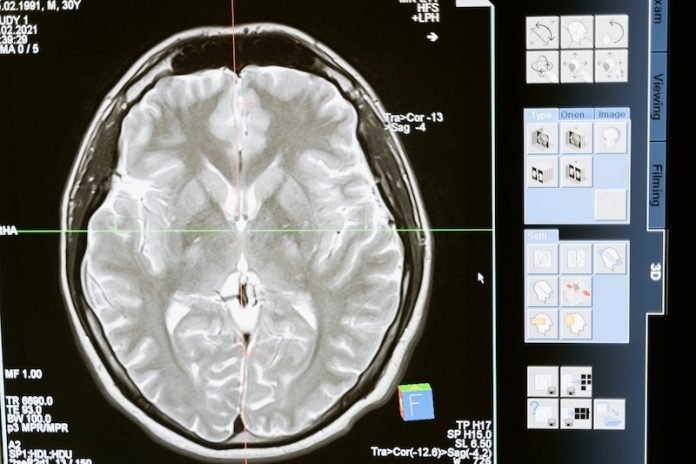
Scientists from the University of Surrey found that there could be a new approach to treating one of the most common and devasting forms of brain cancer in adults—Glioblastoma Multiforme (GBM).
The research is published in BMC Cancer and was conducted by Hardev Pandha et al.
People who suffer from Glioblastoma Multiforme have a five percent survival rate over a five-year period—a figure that has not improved in decades.
In the study, the team found that a short chain of amino acids (the HTL-001 peptide) is effective at targeting and inhibiting the function of a family of genes responsible for the growth of GBM—Hox genes.
The HTL-001 peptide used in the study has undergone safety testing and is suitable for patient trials. These trials are now being considered in GBM and other cancers.
The findings offer a glimmer of hope for finding a solution to Hox gene dysregulation, which is associated with the growth of GBM and other cancers.
Ironically, Hox genes are responsible for the healthy growth of brain tissue but are ordinarily silenced at birth after vigorous activity in the growing embryo.
However, if they are inappropriately ‘switched on’ again, their activity can lead to the progression of cancer. Hox gene dysregulation has long been recognized in GBM.
The team says that targeting developmental genes like the HOX genes that are abnormally switched on in the tumor cells could be a novel and effective way to stop glioblastomas from growing and becoming life-threatening.
If you care about the brain, please read studies about anti-diarrhea drug that could help kill brain cancer, and regular caffeine intake can affect your brain structure.
For more information about brain health, please see recent studies that a weak heart can cause a suffering brain, and results showing this diet could help prevent brain aging.
Copyright © 2022 Knowridge Science Report. All rights reserved.



